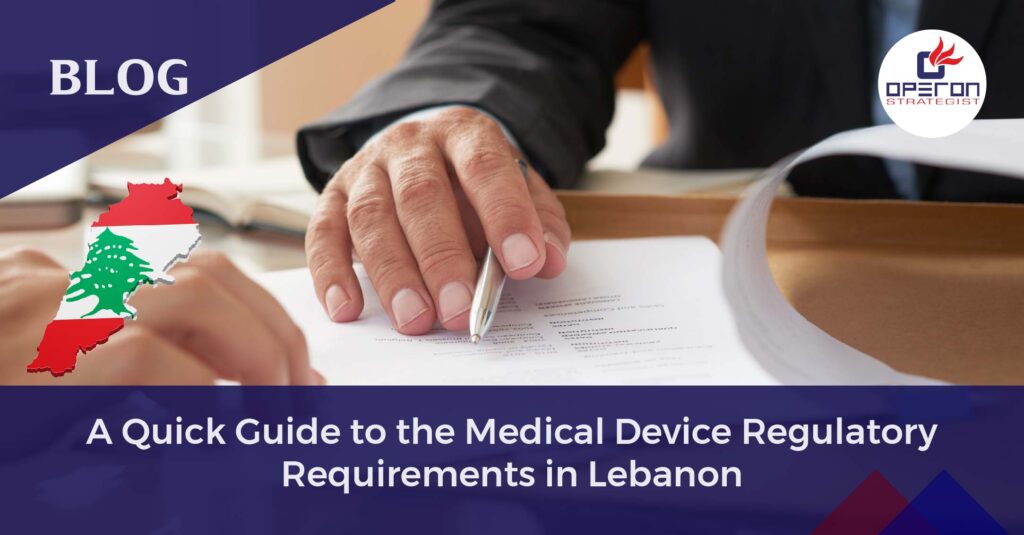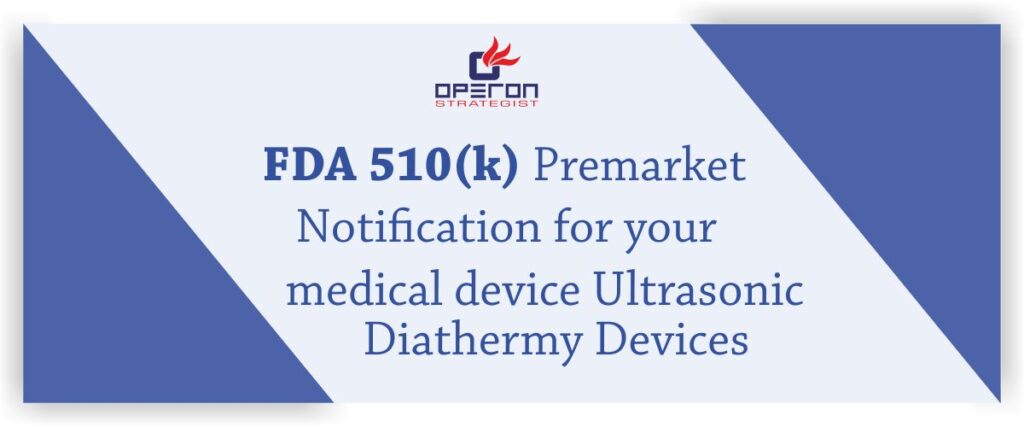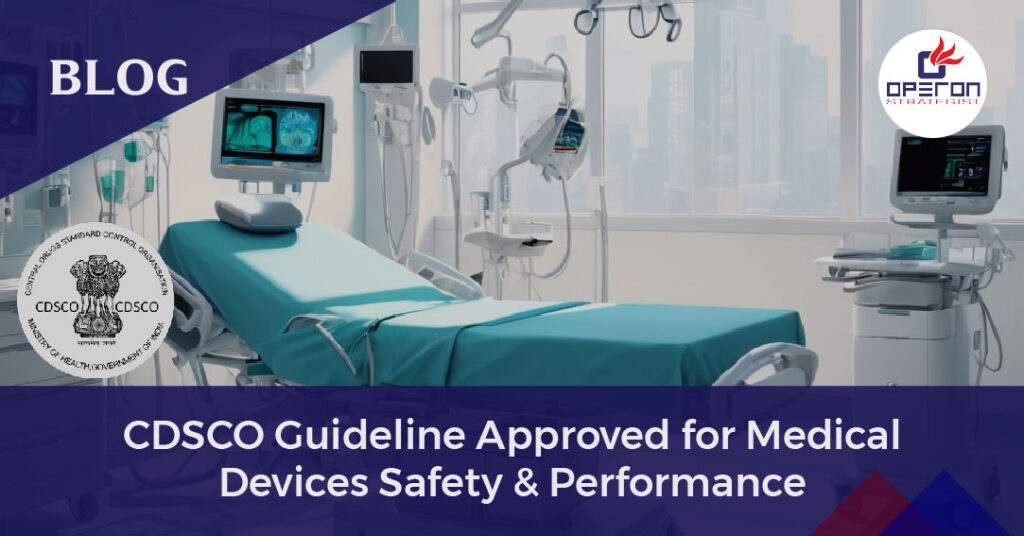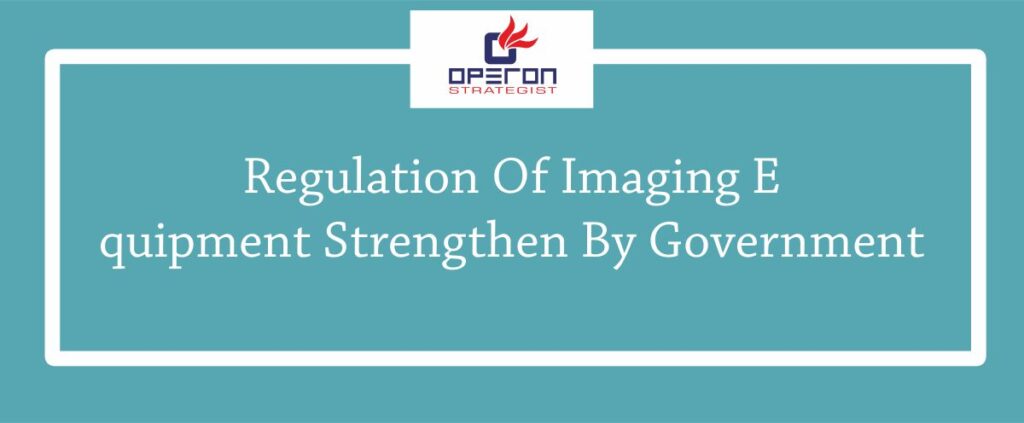An Overview to Medical Device Regulatory Requirements in Lebanon
Lebanon is a growing market for medical devices in the Middle East, known for its healthcare infrastructure and demand for quality health products. While the country heavily depends on imported medical devices, it has established a regulatory framework to ensure safety, efficacy, and compliance. This guide will walk you through Lebanon’s medical device regulatory process to help you plan successful market entry.
Regulatory Authority:
Ministry of Public Health (MoPH): The MoPH in Lebanon is responsible for regulating medical devices. They ensure that devices meet safety and quality standards to protect public health.
Looking for Medical Device Regulatory Consultant in Lebanon?
Let’s have word about your project
What Are the Steps Involved in the Medical Device Registration Process in Lebanon?
Step 1: Device Classification
- Lebanon broadly follows international classification (Class I, II, III), with focus on implantable devices (Class III).
Step 2: Appoint a Local Authorized Representative (AR)
- Mandatory for all foreign manufacturers.
- The AR handles documentation submission, communication with MoPH, and post-market responsibilities.
Step 3: Compile the Technical Documentation Typical documentation includes:
- Free Sale Certificate (FSC)
- CE Marking or FDA Approval
- ISO 13485 or GMP Certificate
- Certificate of Analysis
- Product Samples and Stability Data
- Plant Master File or Company Profile
- Authorized Representative Agreement
- Product Labelling and Instructions for Use (IFU)
- Arabic translation of labels and packaging
Step 4: Submit Application to MoPH
- The AR or importer submits the dossier to the DGPA.
- Additional approvals may be coordinated with the Sanitary Engineering Service.
Step 5: Await Review and Approval
- Review timelines may vary depending on device type and documentation completeness.
- Upon approval, a registration certificate or import license is issued.
Regulatory Scope and Market Overview
- As of the latest MoPH regulations, only implantable medical devices are subject to registration.
- All other medical devices require import permits but are not formally registered.
- The market is import-driven, making local representation and documentation accuracy vital.
Quality System Requirements
- While not mandatory, ISO 13485 certification is highly recommended.
- GMP compliance supports faster acceptance and credibility with MoPH.
Benefits of Complying with Medical Device Regulations in Lebanon
Compliance with medical device regulations in Lebanon not only facilitates market access and ensures patient safety but also helps build trust with healthcare professionals and authorities. This trust can lead to stronger partnerships, increased market share, and a competitive edge in the Lebanese medical device market.
How Operon Strategist Can Help
At Operon Strategist, we offer end-to-end consulting services to simplify your market entry in Lebanon:
- Regulatory documentation preparation
- Local AR identification and onboarding
- Gap analysis and ISO 13485 support
- Labeling and IFU compliance assistance
- Post-market surveillance strategy
Need help navigating Lebanon’s regulatory landscape? Contact us today for a consultation or request a custom checklist tailored to your medical device type.
FAQs:
[rank_math_rich_snippet id=”s-f55fdd02-fd19-49ca-9ce5-2d383b199c7b”]




